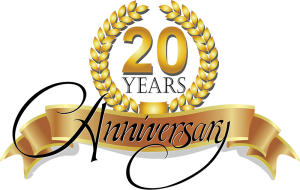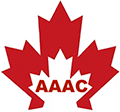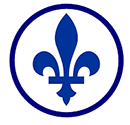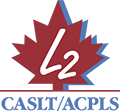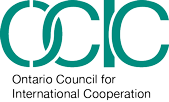TESOL Foundation Certificate Course at a glance
- TEFL Certificate course is recognized qualification to teach English worldwide and our course prepares one to teach all age groups with special emphasize on teaching English.
- Course structure: Easy to follow format with Videos from some of the world's leading experts are the part of the program.
- Promise to prepare: Our TEFL program is motivating enough to bring out the creativity and enthusiasm in a promising ESL teacher.
- Certification is provided by TESOL Canada and is recognized everywhere. Our Alumni is teaching in more than forty countries.
- Affordable: Our TEFL Certifications are most affordable and comes with easy payment methods and instalment facilities


